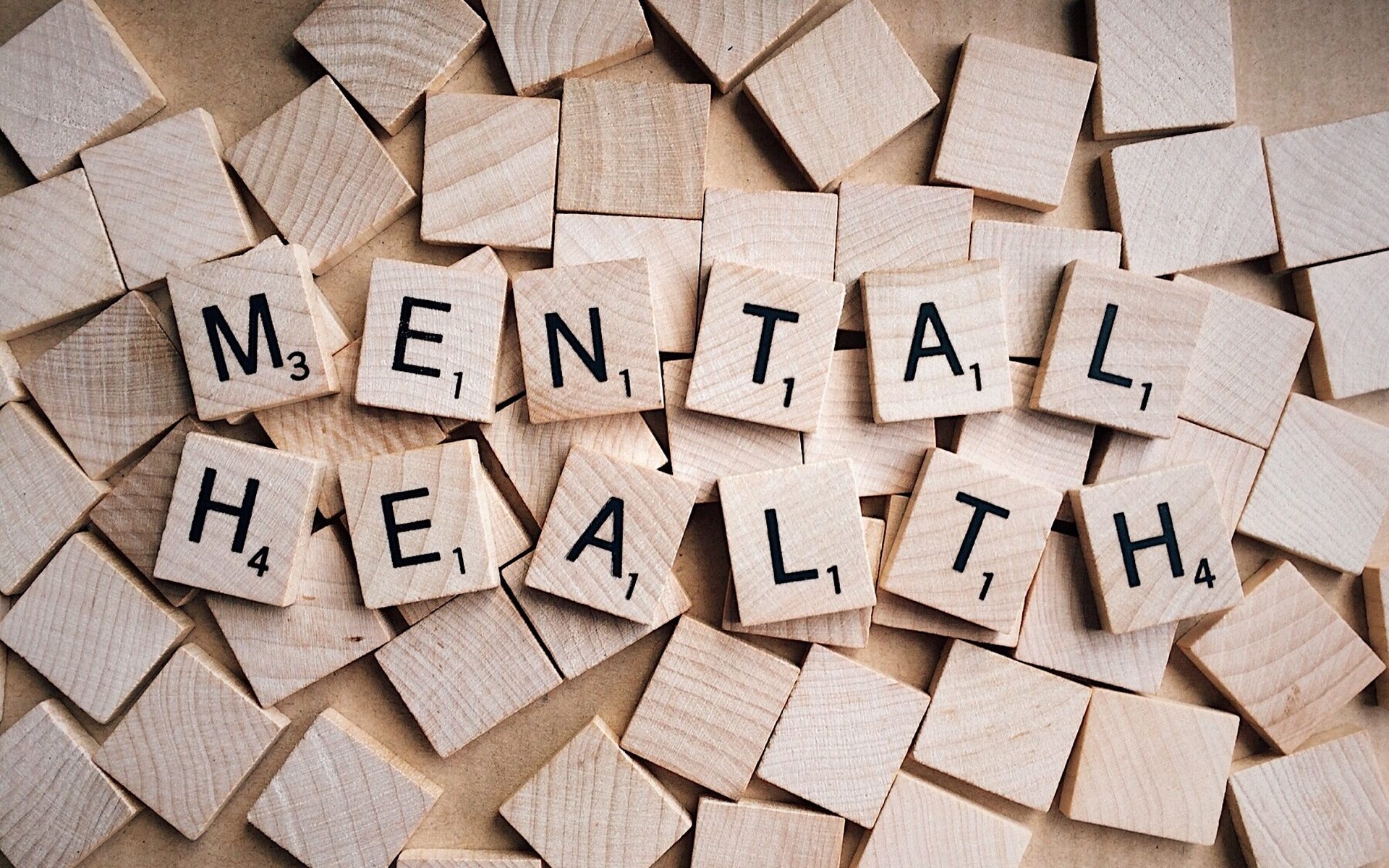Annalink OSHCstudents – While moving or travelling to a new country is usually an enriching and exciting experience, it can also have its challenges. There may be times when you feel uncertain in the unfamiliar environment, out of place or lonely.

It is perfectly natural to experience these feelings, but it is important to know when something is not right.
Being in a state of good mental health is more than just not having a mental illness. According to the World Health Organisation, when we are in good mental health, we experience a state of well-being in which we realise our own potential, cope well with the normal stresses of life, work productively, and contribute to our community.
Unfortunately, most people experience times when they may not quite meet all of these criteria. But there are many options for support to get back on track. If you, or someone you know, are struggling with your well-being, help is at hand.
Stress, anxiety and feeling down
We all experience things in life that can make us feel sad or stressed, and usually this passes over time. But sometimes, the feelings last for a long period of time or feel extremely intense – and sometimes this happens for no apparent reason. This is much more common than you may think. Most people will struggle with their mental health at some time in their life.
In Australia, it is estimated that 45% of people will experience a mental health issue during their lifetime. Statistics indicate that in a twelve month period, around one million adults in Australia are living with depression and over two million are dealing with anxiety.
The chances are high that you, or someone you know is either currently being challenged by a mental illness, has gone through it in the past, or may do so in the future.
Feeling sad, anxious and stressed can be caused by many situations, and living abroad can add strain to your mental health.
Your mental well-being can be affected by:
- pressures of studying
- stress at work
- a change in culture
- being away from family and friends
- living conditions – overcrowding, lack of privacy, insufficient place to study, noise levels and difficulties living with strangers
- financial difficulties.
Everyone gets stressed, anxious and depressed at times, but if it is constantly affecting you and stopping you from enjoying life, it is important you do something about it.
We are here to help
Getting help and support is the best way to improve your mental health problems. The sooner you speak to someone, the closer you will be to feeling better again.
There are lots of people you can speak to, including:
- Your general practitioner (GP)
- a family member
- support services at your education provider.
For more information about mental health and support, visit:
If you feel like you or someone you know needs help immediately, there are 24 hour services like Lifeline (call 13 11 14) and Beyond Blue (call 1300 22 4636) that can help in a crisis. They have facilities for people who have English as their second language, or who are hearing impaired.
Both of these organisations also offer an online chat facility if the matter is not urgent. You can even send them an email, if that works better for you.
Your regular doctor is a great starting point for discussing any concerns you may have about your mental health. They can help you find a specialised mental health professional to work with and also step you through some basic lifestyle changes that can help to maintain mental and physical well-being.
Some ways you can help yourself
In some ways, taking care of your mental health is not a lot different to taking care of your physical health. Making sure you have a healthy, balanced diet; exercise regularly; get enough sleep; and avoid excessive use of alcohol and other drugs are the fundamentals of looking after your mind and body.
Eating Well
Sometimes when you are feeling down, it is difficult to eat well. Try to keep things simple by preparing straightforward meals that do not take a lot of time or energy. When you do have the energy and motivation to cook, consider preparing big batches of food and freezing individual serves, so you have nutritious meals on hand for when you do not feel up to cooking.
Keep moving
Just like cooking and eating, you do not always feel like exercising when you are not feeling your best, but getting your body moving helps relieve tense muscles and relaxes your mind. The natural endorphins that your body releases when exercising can also help you feel better. Exercising does not have to be intense, but the benefits of doing something active every day are huge, even if it is just going for a walk.
You could experiment with low intensity classes like yoga or Pilates which will not only have the benefit of getting you moving, but you will also be interacting with other people, which is also important for mental well-being. Swimming is another popular, low intensity activity. Remember to increase your activity levels gradually and plan your exercise as part of your daily schedule.
Get a good night’s sleep
Our body does its most important healing and regenerating work when we are asleep. This makes getting a good night’s sleep essential to our physical and mental health and well-being. Often when we are not feeling at our best, mental health problems like depression and anxiety can disrupt sleep patterns and we get caught in a vicious cycle of not getting enough sleep and feeling worse – which then makes sleeping even more difficult.
To help you restore a regular sleep pattern, try getting up at the same time each morning. Aim not to drink more than two caffeinated drinks like coffee, strong tea, cola or energy drinks in a day and avoid drinking caffeine after 4pm. Even though it feels like it makes you sleepy, alcohol affects your sleep cycle, causing less deep sleep and sometimes causes you to wake up more during the night, so it is best not to use it to help you sleep.
It is also good to allow yourself to wind down before you go to bed. If you are working or studying, or looking at a phone, tablet, or TV screen, stop at least half an hour before bedtime and do something relaxing that does not involve a screen. You could read a book or magazine, or have a warm shower to help you unwind.
Spend time with friends and loved ones
Having good relationships is an important part of our well-being. This can include friends, family, workmates and other people in the community. Sometimes just talking about how you are feeling with a good friend or close family member can make a world of difference in the short term. This might be the first step on the road to improving your mental well-being. Having a good support network is important for everyone.
Helping others
If you think a friend or loved one might be suffering from mental ill health, there are some things you can do to help.
The Australian culture can often put pressure on people to ‘toughen up’ and be strong but being mentally unwell is not something that can be controlled and it is not helpful to ignore its symptoms. It is not constructive to tell people to ‘snap out of it’ or ‘get over it’. Even if they seem like they do not want to interact, do not avoid or stay away from them.
Help them find information about depression, anxiety and mental health from a website or library. You can learn about it together and it can be empowering to better understand something you do not know much about.
If you have noticed a change in their behaviour – for example, they seem withdrawn or moody – let them know. Reassure them that you are there to listen – but not judge – and spend some time talking with them about how they are feeling. It can also be really helpful to offer to help them make an appointment with a doctor or health care professional, or even go with them.
Annalink (According to Allianz Care Australia)







































